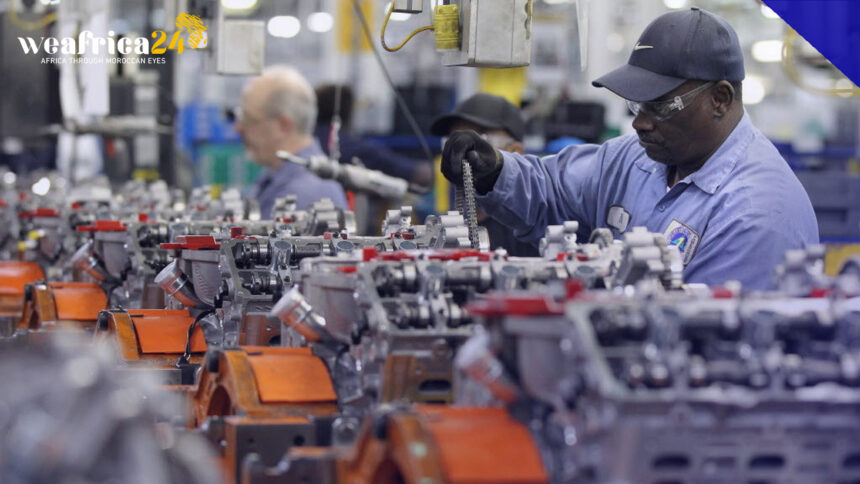The manufacturing sector in Nigeria faces an escalating threat as the Cash Reserve Ratio (CRR) surged by 45.51% to N13.81 trillion in the nine months leading to September 2023. Amidst increasing concerns about exchange rate volatility leading to multinational companies exiting the country, economists and investment analysts fear a broader impact on businesses as the high CRR limits access to credit, raising the overall cost of credit and hampering economic growth.
Financial experts and economists are urging the new leadership of the Central Bank of Nigeria (CBN) to address the challenges posed by the elevated CRR, one of the highest globally. They emphasize the need to stabilize the exchange rate and fiscal situation to alleviate the restrictive impact of the CRR on the economy.
The CRR represents a percentage of customers’ deposits that banks are mandated to keep with the CBN, rendering it unavailable for day-to-day operations and non-interest bearing. The CBN has historically used this tool to regulate money supply, tighten liquidity, and control inflation.
During the reviewed period, the Monetary Policy Committee (MPC) increased the CRR to 32.5% from 27%, citing inflationary pressures, and has maintained this rate since then. A closer examination of financial statements from 10 major banks revealed a substantial increase in their cash reserves to N13.81 trillion, marking a 45.51% surge from the previous year’s N9.56 trillion.
Notable banks affected include Zenith Bank Plc, FBN Holdings Plc, Access Bank Plc, Guarantee Trust Holding Company (GTCo) Plc, United Bank for Africa (UBA) Plc, Stanbic IBTC Holdings Plc, Fidelity Bank Plc, Sterling Bank Plc, Wema Bank Plc, and FCMB Group Plc.
The analysis indicates that tier-1 banks experienced the most significant increase in cash requirements, while tier-2 banks had more of their deposits quarantined with the central bank. UBA recorded the highest CRR increase, soaring by 68.9% to N2.064 trillion, representing 18.7% of its total customer deposits (N11.63 trillion).
Sterling Bank followed suit with a 62.6% surge in its CRR to N431 billion, accounting for 28.3% of its total customer deposits. As the impact of the elevated CRR intensifies, stakeholders emphasize the urgency of addressing this challenge to prevent adverse consequences on Nigeria’s manufacturing and overall economic landscape.







